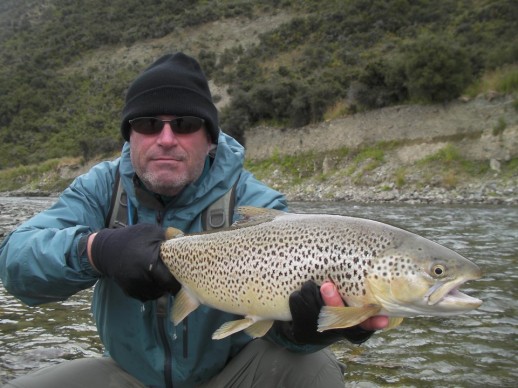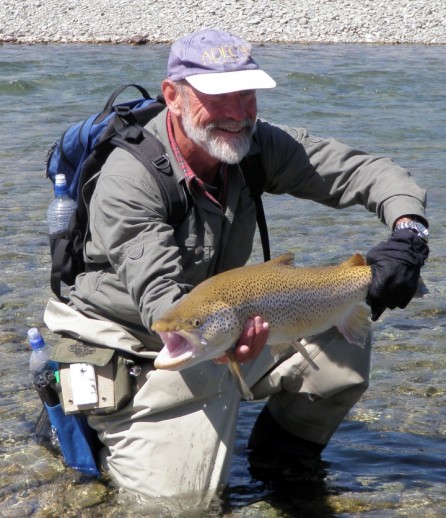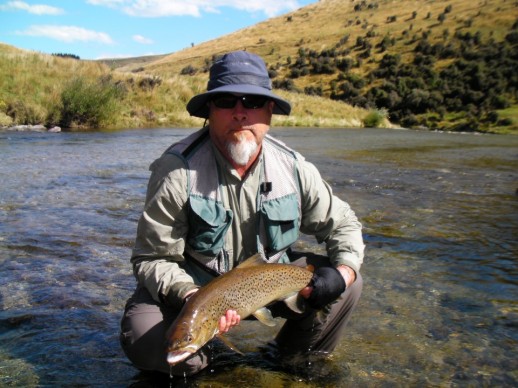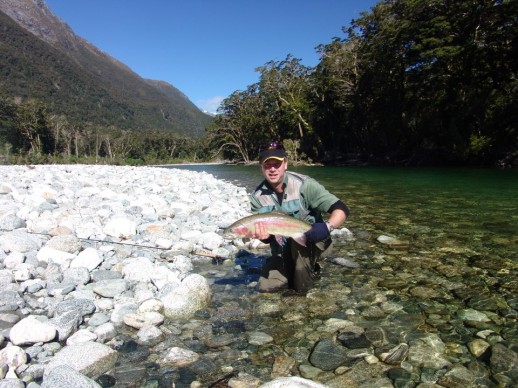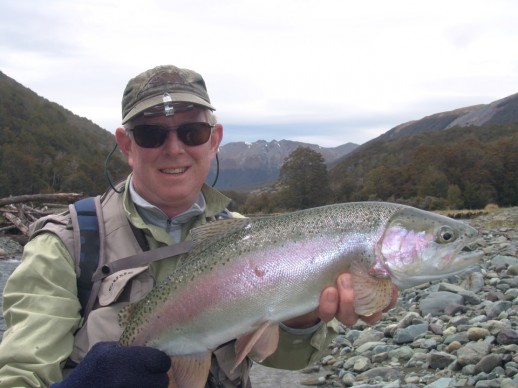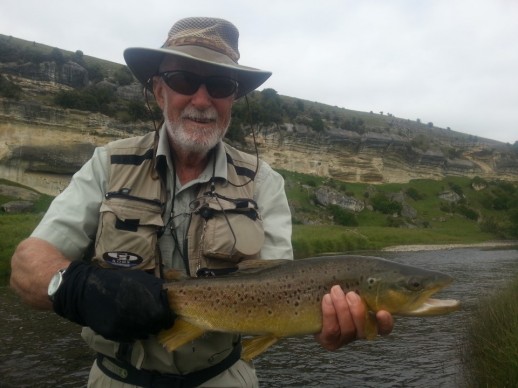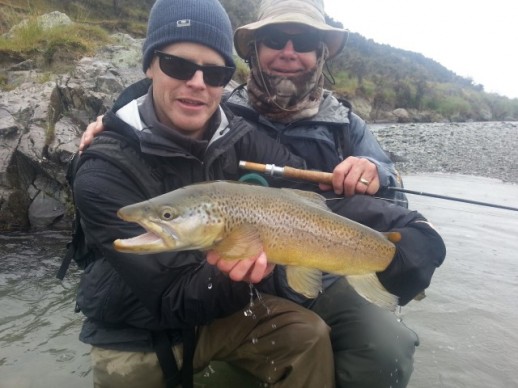As Louis Pasteur said, luck favors the prepared, so it’s important to make sure that you have the supplies and knowledge necessary to respond to any emergency you might encounter while fly fishing. Taking extra precautions may seem like more trouble than it’s worth, but when you find yourself in an unexpected situation, you’ll be glad you made the effort. The following are some helpful tips and techniques to help get you started on a fly fishing safety routine.
Supplies to Stock
• Whenever you’re out in sunny weather for extended periods of time, it’s important to keep a reasonable supply of water. You might take a small cooler with a few bottles that you can attach to your belt with a carabiner, a large canteen, depending on personal preference, a hydration pack is an excellent option.
• Even if you apply sunscreen before you embark on your fly fishing trip, you should keep a bottle of it handy for re-application to the areas of your skin that receive the most sun exposure. Although many fly fishers are out in the sun consistently, it’s important to stay protected against UV rays and potential skin cancer.
• Keep some insect repellent within reach and use it before you start fly fishing. This will help keep your experience more enjoyable while reducing the risk of disease carried by mosquitoes or other biting bugs. Some repellents can cause plastics to break down, so be sure to check the label for a “fishing-friendly” designation.
• Grab some power bars to stash in your waders so you can stay energized and alert all day.
• Bring along a first-aid kit. It doesn’t have to take up a lot of space, but gauze, bandages, and some type of antiseptic should be included.
• Make sure you have a cell phone on hand. You can turn it off, but in case of emergency, it might be necessary to contact paramedics.
Mental Checklist
• Have you dressed in UPF-rated clothing? An ultraviolet protection factor woven into your shirt can provide a helpful shield against harsh solar rays.
• Are you wearing a wading belt? Remember that if your waders are waist-high or more, a belt can keep them from filling with water and weighing you down if you fall below the surface.
• Did you remember to wear eye protection? Sunglasses can improve your vision and response time while helping to prevent stray hooks or sinkers from blinding you. A hat can also prevent excessive brightness from distorting your vision.
• If fishing with others, have you pinched the barbs on your hooks? When you do this, you make it easier to remove these hooks in case they become accidentally embedded in anyone’s skin.
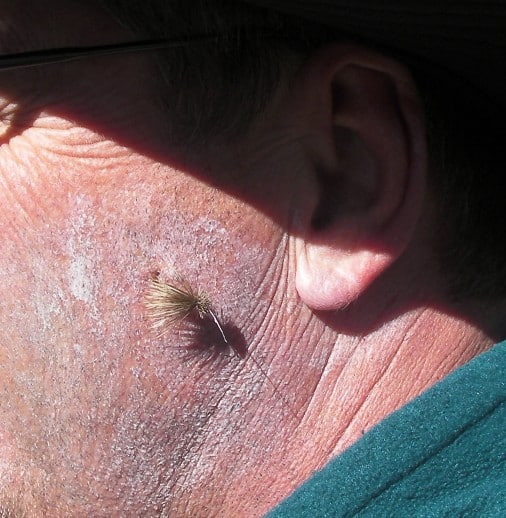
New Zeland Fly Fishing Expeditions - When casting goes wrong
• If fishing alone, have you informed someone about where you’ll be and when you plan to return?
• If you’re about to go fly fishing in unfamiliar waters, do you have a wading staff? This can help you navigate new underwater territory by providing extra stability to keep you from falling and sliding beneath the surface.
Bio: Alexis Bonari is a freelance writer and blog junkie. She spends much of her days blogging about Education and CollegeScholarships. In her spare time, she enjoys square-foot gardening, swimming, and avoiding her laptop.

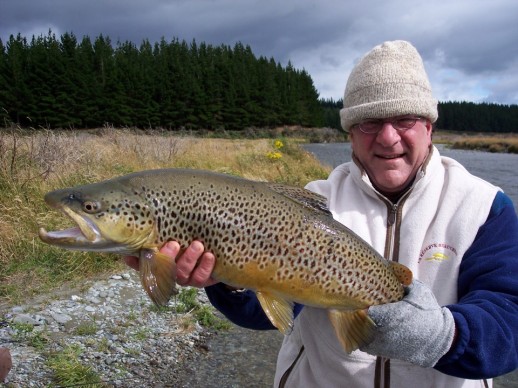 I can’t tell you how much I appreciated everything you did to make my fishing trip unforgettable. That trophy brown was totally unbelievable! Frankly, I’m surprised we were able to land him. That was one of the longest fights I’ve ever had with a fish. Fighting that trout and the river current was a whole new experience for me. Your advice and help were invaluable. I will definitely call you the next time I get to New Zealand. And I really enjoyed your website article and photo. Thanks again for putting me in position to catch the fish of a lifetime. And it was almost a few fish of a lifetime. All in all…brilliant!!!
I can’t tell you how much I appreciated everything you did to make my fishing trip unforgettable. That trophy brown was totally unbelievable! Frankly, I’m surprised we were able to land him. That was one of the longest fights I’ve ever had with a fish. Fighting that trout and the river current was a whole new experience for me. Your advice and help were invaluable. I will definitely call you the next time I get to New Zealand. And I really enjoyed your website article and photo. Thanks again for putting me in position to catch the fish of a lifetime. And it was almost a few fish of a lifetime. All in all…brilliant!!!